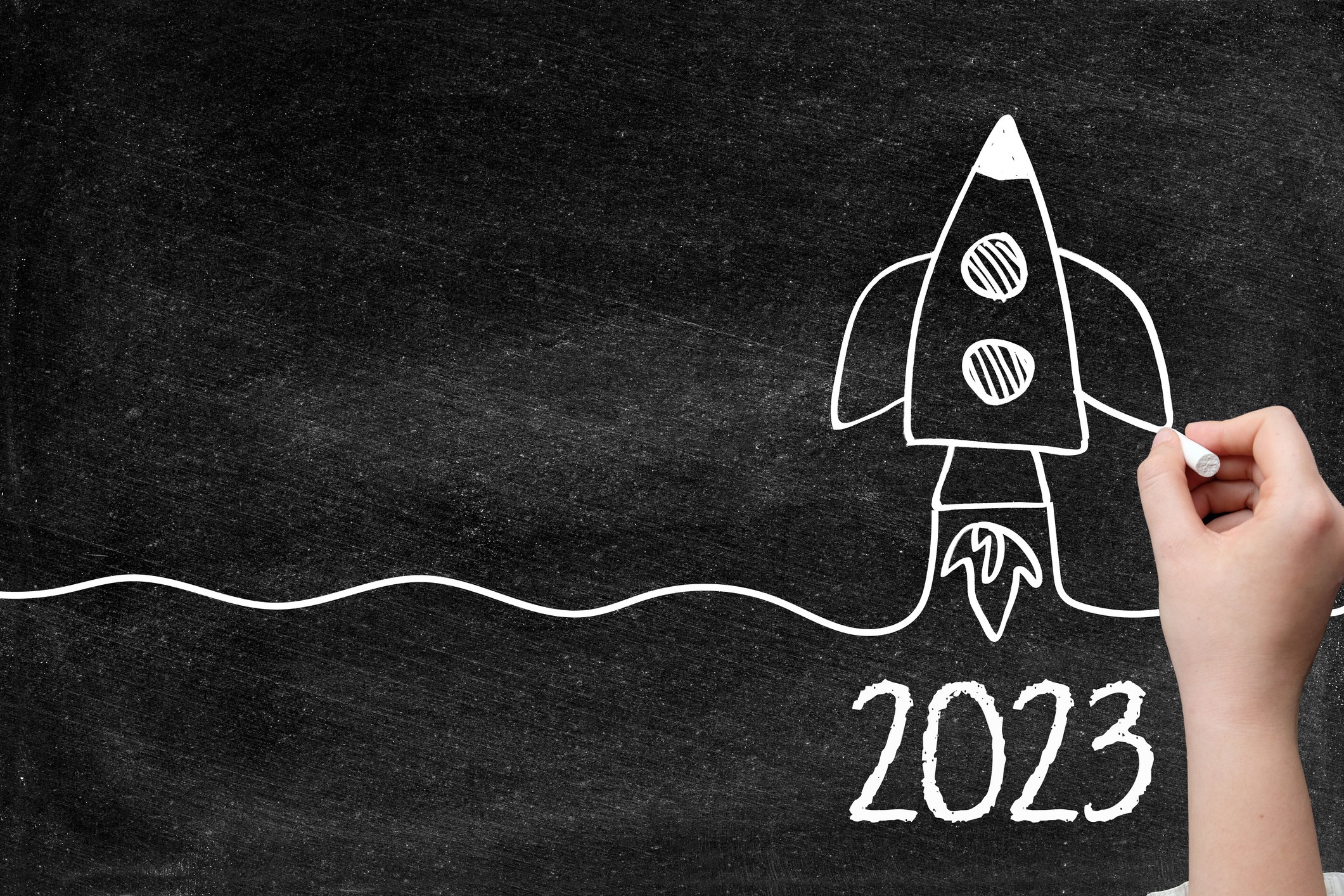Back in April, rapid manufacturing service provider Proto Labs (PRLB 0.93%) acquired Fineline Prototyping, a leading 3-D printing as-a-service company based in Raleigh, North Carolina. The move into providing 3-D printing services underscores Proto Labs' continued commitment to serving its customers, of which 70% already take advantage of 3-D printing during the product development process.
I recently had the opportunity to speak with Proto Labs CEO Vicki Holt over email to talk about the Fineline acquisition and what kinds of 3-D printing technology it uses behind the scenes. Below, you'll find the transcript of our conversation. Going forward, it's important for investors to acknowledge that Proto Labs can now take a product developer all the way from a conceptual model and early prototype to a 10,000 part manufacturing run -- in a matter of weeks. Proto Labs' relentless focus on speed, automation, and breadth of services helps differentiate it from the competition.
Steve Heller: Does Proto Labs have plans to expand the Fineline service beyond SLA [stereolithography], SLS [selective laser sintering], and DMLS [direct metal laser sintering] additive [3-D printing] technologies?
Vicki Holt: We are completely technology agnostic, so we are very open to expanding our additive manufacturing capabilities within Fineline if our customers demand it. Our approach is to understand what processes development engineers need to bring their ideas to market quickly, paired with an understanding of the technologies available around the world in all three of our services -- not just additive [3-D printing], but machining and injection molding as well. If there is demand for a process and a technology that can appropriately meet that demand, we'll consider it for a service expansion. We'll also be working to advance additive [3-D printing] processes inside the walls of Proto Labs at both our Raleigh facility and in our research and development program, Protoworks, located in Maple Plain, Minnesota.
Heller: How many 3-D printers does Fineline currently have in its operation, and are there current plans to buy more machines in the future?
Holt: We don't publicly disclose how many total machines and presses we have for any of our processes, however, we are planning to add more machines for our SLA, SLS, and DMLS processes as we expand. Proto Labs has excellent cash flow and a very strong balance sheet, so we see no issues in terms of funding the growth we need for capital investment in any of our three services.
Heller: What vendors or technologies is Fineline looking at most closely for future machine purchases?
Holt: We have experience with 3D Systems and Concept Laser for DMLS, and we will continue to work with those companies. But we do understand that there are other technologies out there with companies like Stratasys, so we'll continue to evaluate those as well. That's one of the advantages and differentiators Proto Labs' Fineline service -- that we can invest in a number of different technologies to match an engineer's design and prototyping needs with the right process.
Heller: How does Fineline determine what printers to buy?
Holt: We're seeing growth across all three Fineline processes -- SLA, SLS, DMLS -- so the feedback we receive from our customers will help dictate which types of machines we will invest in.






